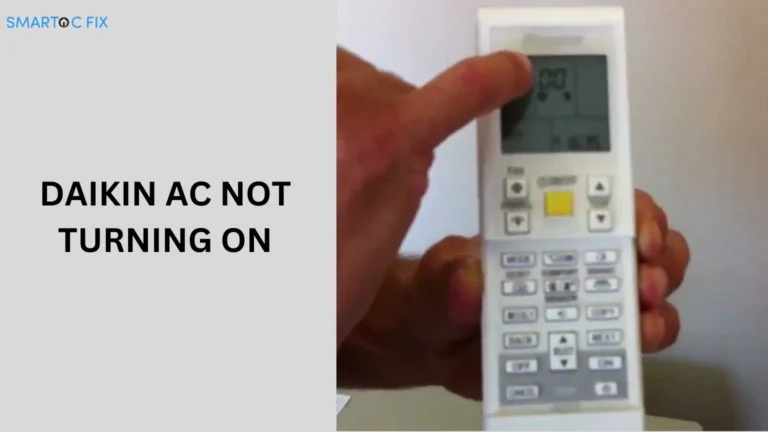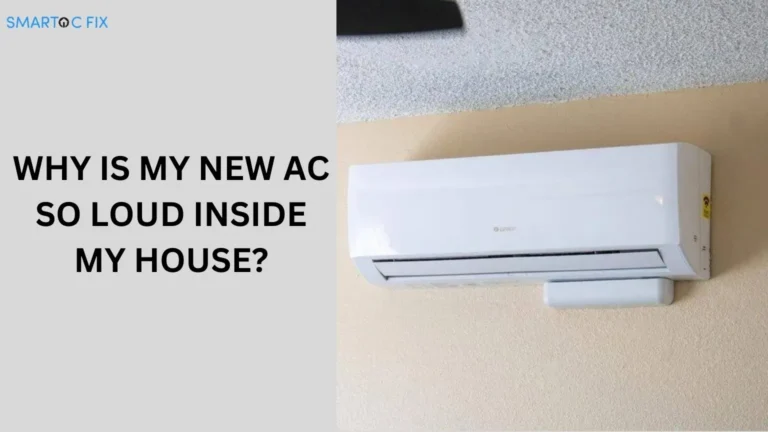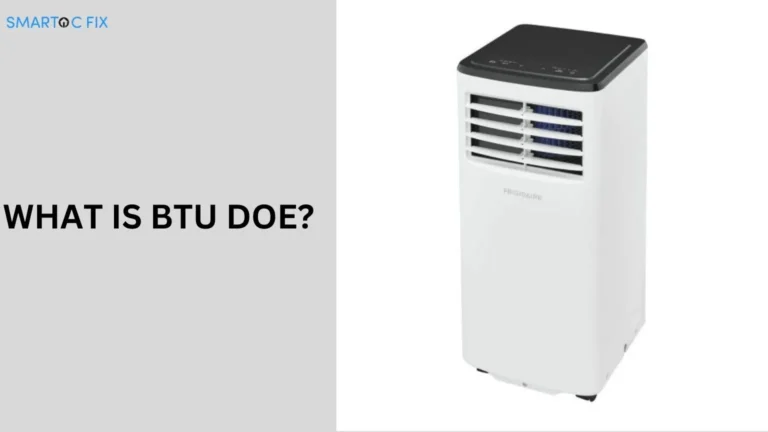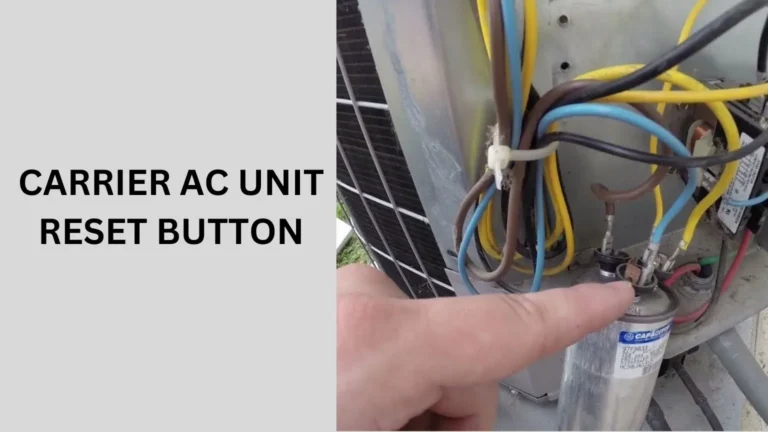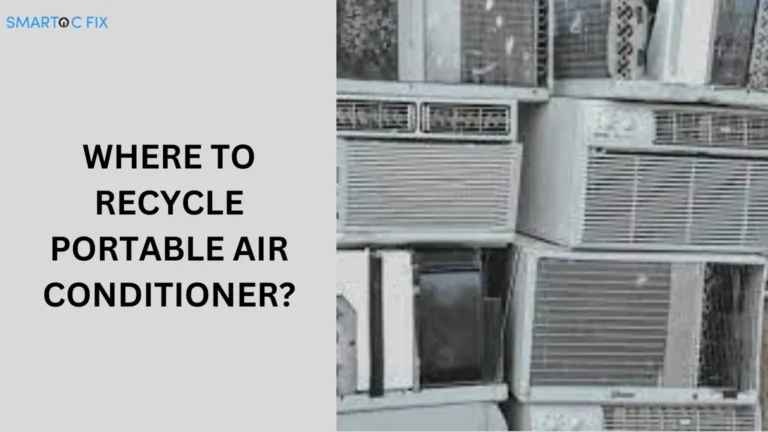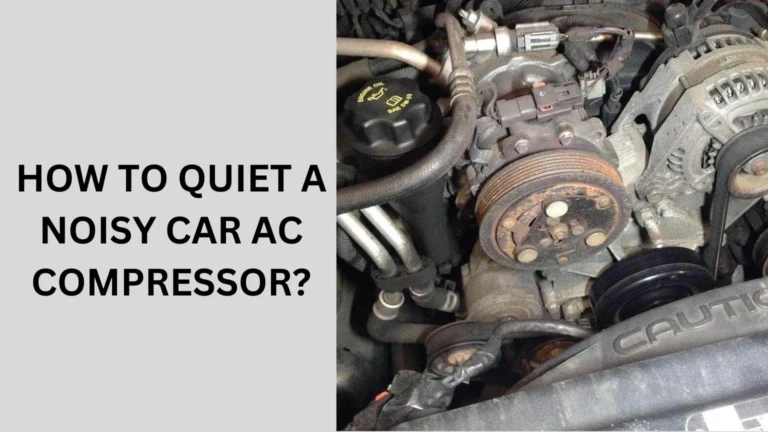Does Lysol Spray Kill Mold? Everything You Need to Know
Mold in your home can be more than just a nuisance; it can lead to health issues and structural damage. If you’re dealing with mold problems, you might wonder if common household products like Lysol spray can help.
Does Lysol Spray Kill Mold? In this guide, we’ll explore whether Lysol spray is effective at killing mold and what you should know about mold removal.
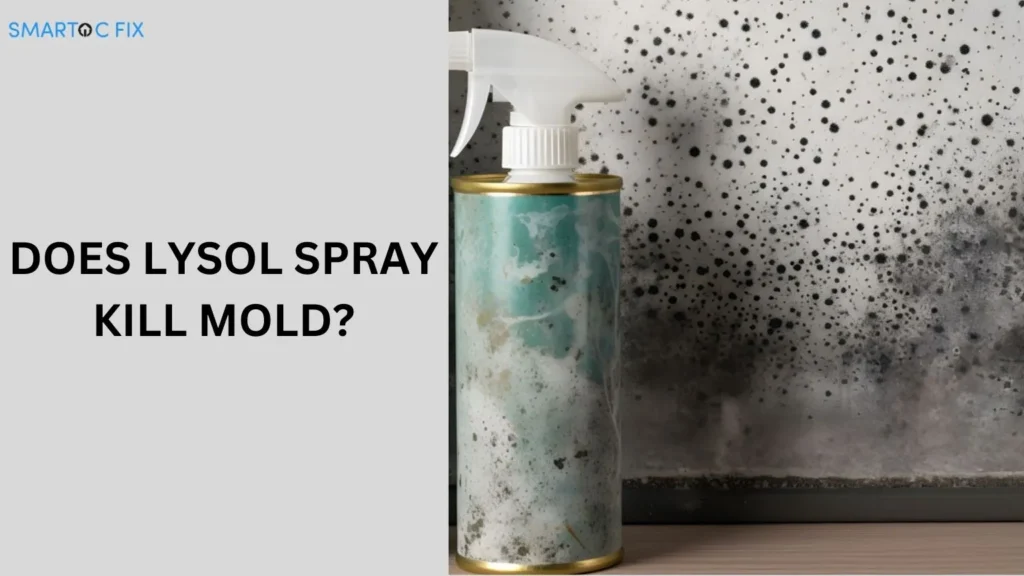
Understanding Mold and Its Risks
Mold is more than just a visual nuisance in your home; it poses significant health and structural risks. Understanding mold and its potential dangers can help you address issues effectively and prevent future problems.
What is Mold?
Mold is a type of fungus that thrives in damp, warm environments. It can appear as black, green, or white patches and often grows in places like bathrooms, basements, and around leaky pipes.
Mold can cause various health problems, including respiratory issues, allergic reactions, and other complications, especially for individuals with pre-existing health conditions.
Why Mold Removal is Important
Removing mold is crucial to maintaining a healthy living environment. Mold can deteriorate building materials and compromise the structural integrity of your home.
Moreover, it can negatively affect air quality, leading to potential health problems for you and your family.
Does Lysol Spray Kill Mold?
If you’re dealing with mold in your home, you might be tempted to reach for a can of Lysol spray.
But how effective is Lysol at tackling mold? Let’s dive into what Lysol can do and what it can’t do when it comes to mold removal.
What is Lysol Spray?
Lysol is a well-known brand of disinfectant sprays that are commonly used for cleaning and sanitizing surfaces. It contains various active ingredients designed to kill bacteria and viruses.
The Efficacy of Lysol Spray on Mold
Lysol spray is effective at killing many types of bacteria and viruses, but its effectiveness against mold is somewhat limited.
While Lysol may kill surface mold and mildew, it doesn’t address the root cause of the mold problem.
Mold often penetrates deep into surfaces, and Lysol spray may not be sufficient to fully eradicate mold growth.
How to Use Lysol Spray for Mold?
If you choose to use Lysol spray to address surface mold, follow these steps:
- Ventilate the Area: Open windows and doors to ensure proper ventilation.
- Clean the Surface: Remove any visible mold with a scrub brush or cloth.
- Apply Lysol Spray: Spray the affected area thoroughly and allow it to sit for at least 10 minutes.
- Wipe Down the Surface: Use a clean cloth to wipe away the spray and any remaining mold.
Alternatives to Lysol Spray for Mold Removal
While Lysol spray can be useful for managing surface mold, it may not be sufficient for thorough mold removal, especially when dealing with deeper or more extensive infestations.
Fortunately, several effective alternatives can help you tackle mold problems more comprehensively.
Bleach Solutions
Bleach is often recommended for mold removal due to its ability to kill mold spores on non-porous surfaces.
Mix one cup of bleach with one gallon of water and apply it to the affected area. Note that bleach should not be used on porous materials like wood or drywall, as it may not be effective.
Vinegar
Vinegar is a natural alternative that can kill many types of mold. Use undiluted white vinegar in a spray bottle, apply it to the moldy surface, and let it sit for at least an hour before wiping it off.
Commercial Mold Cleaners
There are specialized mold cleaning products designed specifically to target and remove mold. These products often contain stronger chemicals or enzymes that are more effective at eliminating mold compared to household sprays like Lysol.
Preventing Future Mold Growth
Preventing mold growth is crucial for maintaining a healthy living environment and avoiding costly repairs.
By addressing the root causes of mold and implementing proactive measures, you can reduce the risk of mold returning. Here are effective strategies to help prevent future mold growth:
Control Humidity
Keeping indoor humidity levels below 60% can help prevent mold growth. Use dehumidifiers and air conditioners to maintain optimal humidity levels.
Address Leaks and Moisture Issues
Fix any leaks or water damage promptly to prevent mold from returning. Ensure that your home’s drainage system is functioning correctly to avoid water accumulation.
Regular Cleaning
Regularly clean and maintain areas prone to mold growth, such as bathrooms and basements. Pay attention to any signs of dampness or mold and address them immediately.
People also ask
Is vinegar or Lysol better for mold?
Vinegar is generally better for mold removal than Lysol. Vinegar is a natural mold killer and can penetrate porous surfaces, effectively killing many types of mold.
Lysol, on the other hand, is more effective at disinfecting surfaces and may only address surface mold. For deep or extensive mold, vinegar offers a more thorough solution.
What permanently kills mold?
Bleach is highly effective at permanently killing mold on non-porous surfaces by destroying mold spores.
For porous materials, specialized mold removers or professional remediation may be necessary to fully eliminate mold and address underlying moisture issues.
What is the best disinfectant to kill mold?
Hydrogen peroxide is one of the best disinfectants for killing mold. It effectively destroys mold spores and works on a variety of surfaces.
For tough mold problems, commercial mold cleaners designed specifically for mold removal can also be highly effective.
What can I spray in the air to kill mold spores?
Essential oils like tea tree oil or eucalyptus oil can be used to spray in the air to help kill mold spores.
Additionally, hydrogen peroxide can be used in a spray bottle to disinfect the air and surfaces.
Conclusion
Does Lysol Spray Kill Mold? While Lysol spray can be useful for cleaning and disinfecting, it’s not the most effective solution for killing mold, especially if it has penetrated deep into surfaces.
For serious mold problems, consider using bleach, vinegar, or commercial mold removers.
Additionally, addressing the root cause of mold—such as moisture issues—is essential for preventing future growth and maintaining a healthy home environment.
